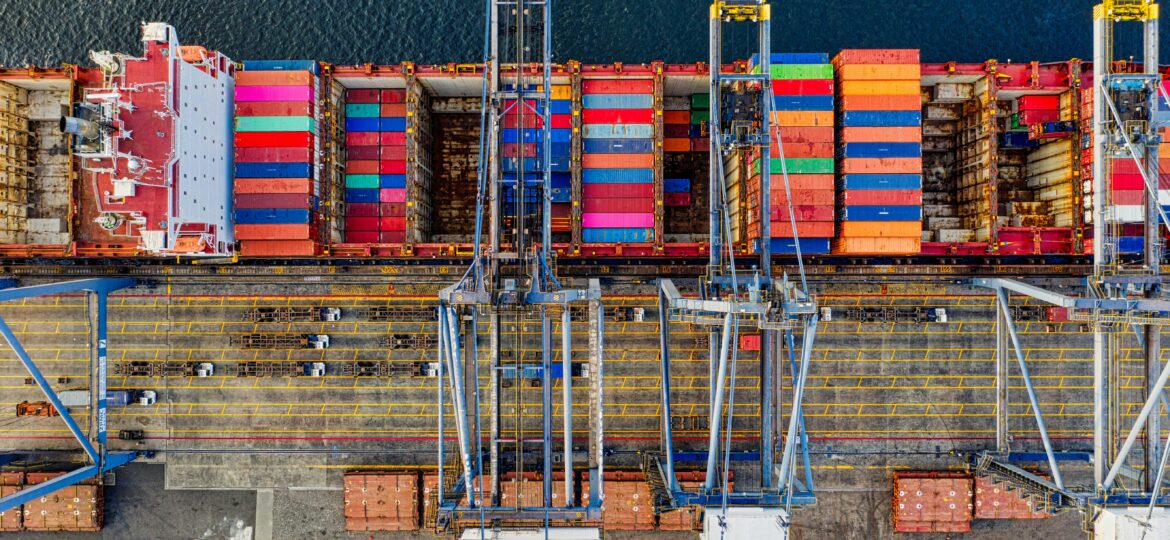In the competitive world of logistics, companies are continually looking for ways to reduce operational costs while maintaining high levels of efficiency and customer satisfaction. Logistics cost optimization plays a crucial role in this process, allowing businesses to streamline their operations, minimize waste, and maximize profitability. At Fortune 23 Ltd., we understand the importance of optimizing logistics costs and have developed proven strategies that help businesses achieve significant cost savings without compromising on service quality.
Understanding Logistics Cost Optimization
Logistics cost optimization refers to the process of improving the efficiency and cost-effectiveness of logistics operations. It involves identifying opportunities to reduce operational expenses, improve resource utilization, and optimize supply chain processes. Effective logistics cost optimization takes into account various factors, including transportation, warehousing, inventory management, and packaging. By applying the right strategies, businesses can significantly lower their logistics costs while ensuring that their customers continue to receive timely and reliable deliveries.
Key Strategies for Logistics Cost Optimization
- Route Optimization and Transportation Efficiency
One of the most significant expenses in logistics is transportation. With rising fuel prices and increased demand for faster deliveries, optimizing transportation routes is essential to minimizing costs. At Fortune 23 Ltd., we use advanced technology to plan the most efficient delivery routes, reducing fuel consumption, improving delivery times, and minimizing vehicle wear and tear.
By utilizing route optimization software, businesses can identify the fastest and most cost-effective routes for their deliveries. Additionally, consolidating shipments and utilizing multi-modal transportation can further reduce costs, especially when shipping to international or remote locations.
- Inventory Management and Demand Forecasting
Effective inventory management is another critical factor in logistics cost optimization. Overstocking or understocking products can lead to unnecessary costs, such as holding costs or stockouts. By implementing demand forecasting tools, businesses can more accurately predict customer demand and adjust their inventory levels accordingly.
At Fortune 23 Ltd., we work closely with our clients to implement inventory management systems that optimize stock levels and reduce the risk of stockouts or overstocking. This approach helps businesses minimize warehousing costs and improve overall supply chain efficiency.
- Warehouse Optimization
Warehouse operations are a significant part of the logistics cost structure. Optimizing warehouse layout, inventory management, and labor utilization can lead to significant cost savings. By improving warehouse processes, businesses can reduce the time spent on order picking and packing, which directly impacts operational costs.
Automated warehouse systems, such as robotic picking, can help increase efficiency and reduce human error. Additionally, warehouse management systems (WMS) can help track inventory levels in real-time, reducing the risk of stockouts and overstocking while improving order fulfillment speed.
- Consolidated Shipping and Packaging Efficiency
Another effective strategy for logistics cost optimization is consolidated shipping. By grouping smaller shipments into larger ones, businesses can take advantage of bulk shipping discounts and reduce transportation costs. This method is especially beneficial for e-commerce businesses that ship multiple small orders daily.
Packaging is another area where cost optimization can make a significant difference. By using smaller, more efficient packaging materials, businesses can reduce shipping costs, minimize waste, and improve their environmental footprint. Sustainable packaging solutions, such as recyclable or biodegradable materials, not only help reduce costs but also align with modern consumer expectations for eco-friendly practices.
- Outsourcing and Third-Party Logistics (3PL)
For many businesses, outsourcing logistics functions to third-party logistics providers (3PL) can be a cost-effective strategy. 3PLs offer specialized expertise, advanced technology, and scalable solutions that help optimize logistics operations. By partnering with a 3PL like Fortune 23 Ltd., businesses can benefit from more efficient logistics operations, access to advanced logistics technology, and reduced overhead costs.
Outsourcing logistics functions also allows businesses to focus on their core competencies while leaving the complexities of logistics management to experts in the field.
The Benefits of Logistics Cost Optimization
The benefits of logistics cost optimization are clear: reduced operational costs, improved efficiency, and enhanced customer satisfaction. By implementing cost-saving strategies, businesses can improve their bottom line and invest those savings into other areas of their operations, such as product development, marketing, or customer service.
Moreover, logistics cost optimization allows businesses to remain competitive in a challenging market. By reducing costs while improving service quality, companies can offer better prices to their customers, differentiate themselves from competitors, and build long-term customer loyalty.
Conclusion
At Fortune 23 Ltd., we are committed to helping businesses optimize their logistics costs while maintaining the highest standards of service. By leveraging cutting-edge technology, innovative strategies, and expert guidance, we help our clients streamline their logistics operations and achieve significant cost savings. Whether you are looking to optimize your transportation routes, improve inventory management, or enhance warehouse efficiency, Fortune 23 Ltd. has the tools and expertise to help you succeed.
By prioritizing logistics cost optimization, businesses can enhance their profitability, improve operational efficiency, and better meet the needs of their customers. Let Fortune 23 Ltd. guide you in creating a more efficient, cost-effective, and sustainable logistics operation for the future.


Leave A Comment